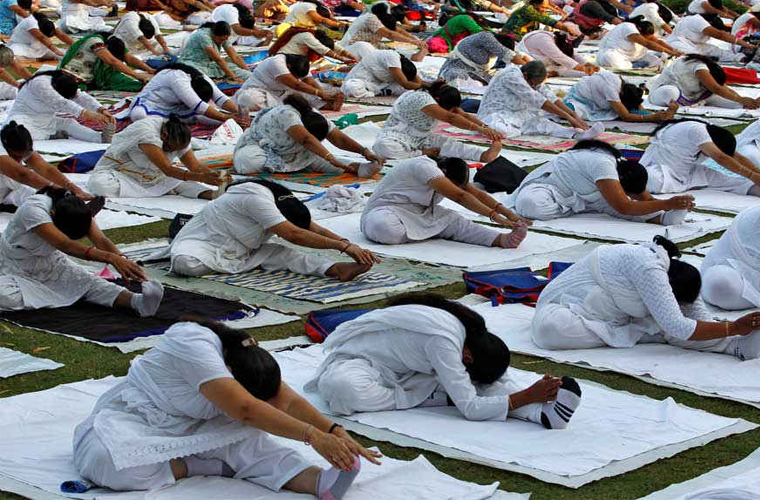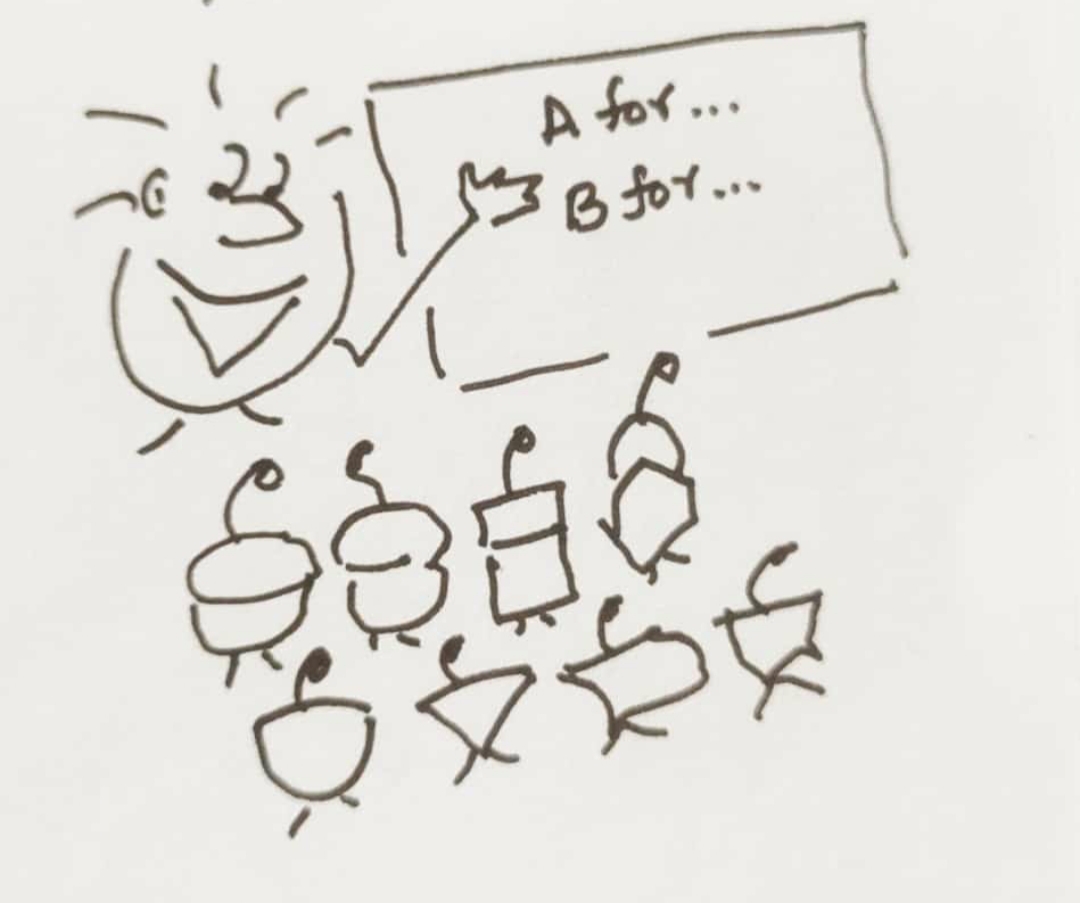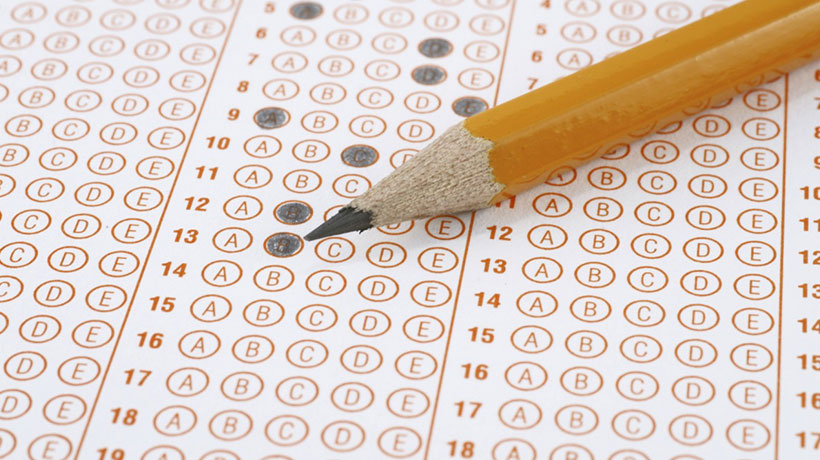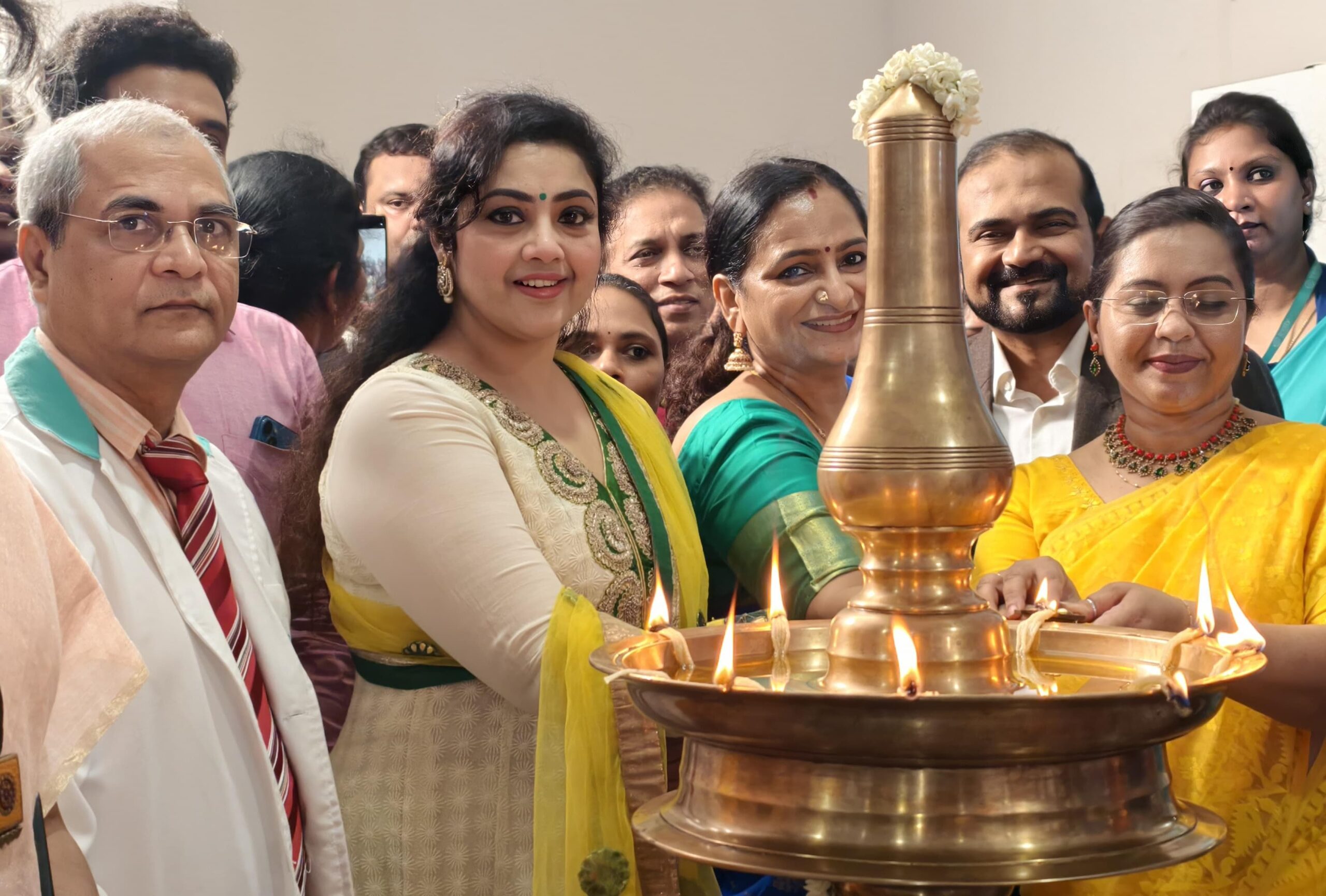Trending Now
- Alliance talks between AIADMK and BJP are ongoing. An announcement will be made at the right time – Union Home Minister Amit Shah.
- Vijay spoke about TVK vs. AIADMK only to motivate party workers – AIADMK General Secretary Edappadi K. Palaniswami.
- South Indian audiences are not interested in Hindi films, which is why they don’t succeed – Salman Khan.
- KL Rahul joins Delhi Capitals; the team will face Hyderabad tomorrow.
Education
Supreme Court Dismisses Plea to Make Yoga Compulsory in Schools
![]() August 8, 2017
August 8, 2017
“Fundamental right to education doesn’t include Yoga. It is for the government to take a decision,” said a bench of the Supreme Court.
Utkarsh Anand
The Supreme Court on Tuesday dismissed a PIL, which had sought to make Yoga compulsory in schools across India.
The Court said that it was not for them to design curriculum for schools and that the government, with its experts, were the right forum to do it.
“There is indeed a fundamental right to education but there is no fundamental right to do Yoga under this right,” observed the bench led by Justice Madan B Lokur.
The bench added: “We can’t decide what is to be taught… that’s for the government to do.”
Even as the petitioner said that there have been notifications issued by the Central government in this regard, the Court pointed out no judicial order could be passed to include any subject in the curriculum.
The court was proceeding with a petition that has demanded directions to all central and state governments-run and funded schools to include yoga as a subject in school education in conformity with the Right to Education Act as well as the National Curriculum Framework 2005.
Petitions by lawyer J C Seth and Padma awardee G L Tandon sought directions to develop curriculum, syllabus courses and textbooks for study of yoga comprising ‘pranayama’ (science of breathing) and also ‘asans’ (science of body postures) for all students from Class I to Class VIII, in terms of Section 29 of the RTE. After the Delhi High Court refused to allow their prayers, they moved the apex court in appeal.
























